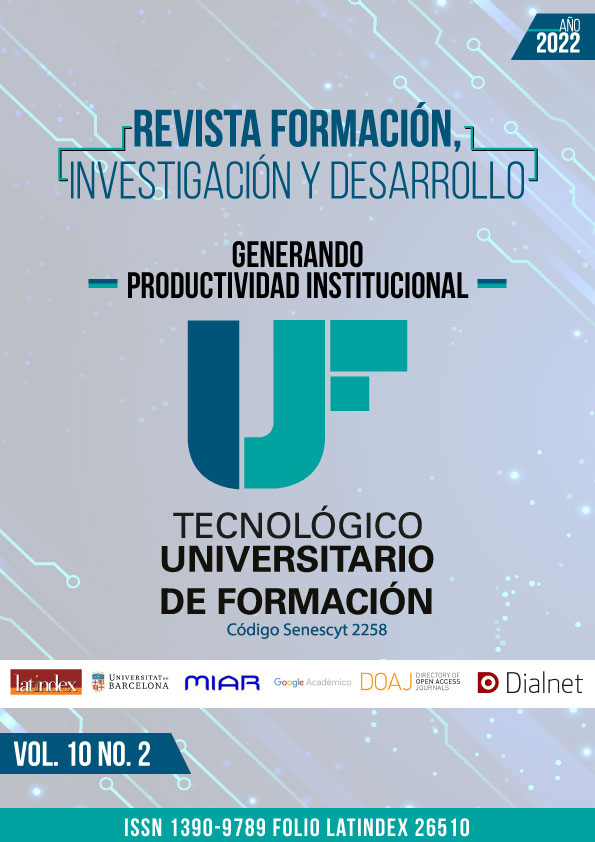The metacognitive regulation in the learning of university students from virtual environments
Main Article Content
Abstract
Metacognitive regulation leads to the planning, execution and control of metacognitive strategies. These strategies constitute a regulatory mechanism that enable self-reflection and self-regulation around learning, involving knowledge and actions that are in the domain of students and that they can use intentionally to support and improve their learning. The training of university students, in the current circumstances imposed by Covid-19, evidences the need to use metacognition for self-regulation in the process of learning to learn that takes place from virtual environments as part of their self-preparation. In this sense, his orientation is a requirement, due to the impact on the quality of said training and on the acquisition of methods and knowledge that will prepare him to carry out his professional work. Therefore, in this work we intend to delve into some questions related to this topic. For this, theoretical and empirical methods were used that made it possible to know to what extent metacognitive strategies are oriented by teachers from virtual environments in the careers of Chemical Engineering and Bachelor of Education. Pedagogy Psychology.
Article Details
Este trabajo tiene licencia DE Atribución/Reconocimiento-NoComercial-CompartirIgual 4.0 Internacional. CC BY-NC-SA 4.0.

